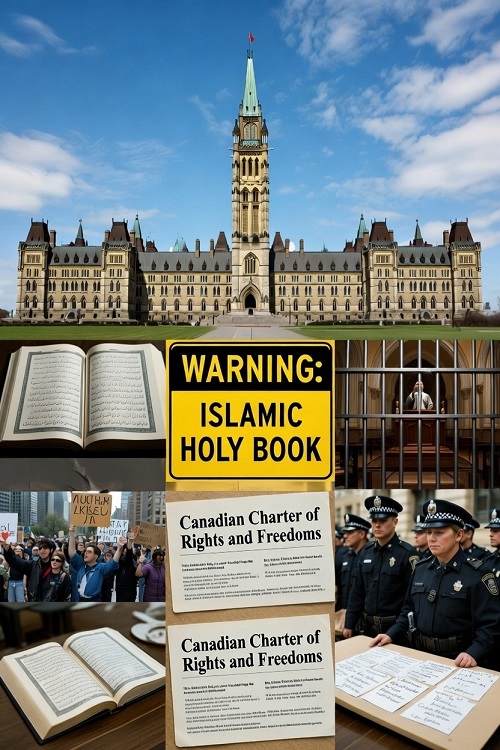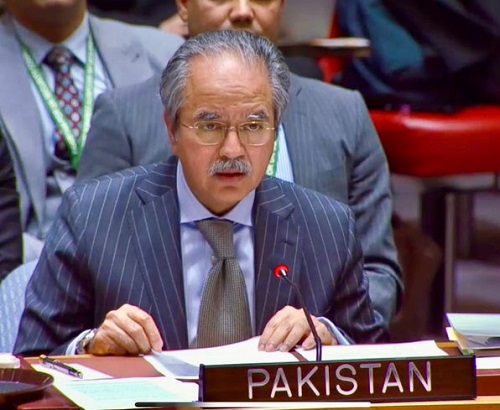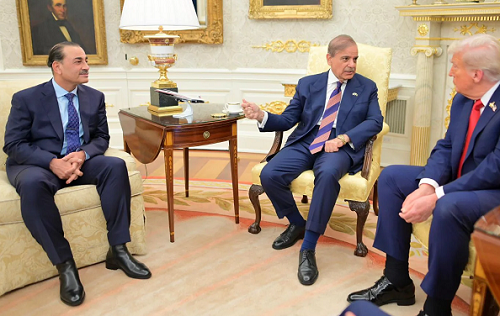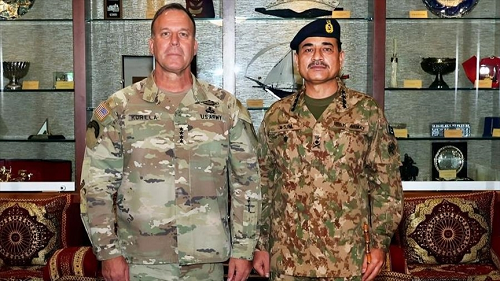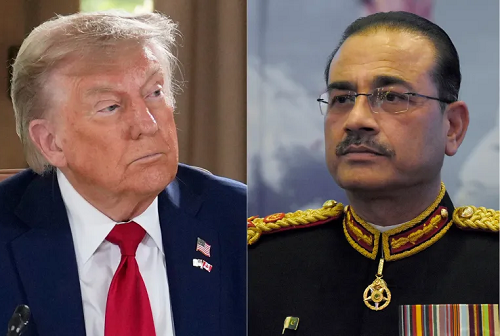Yvonne Ridley in Johannesburg
Few believed the Palestinian groups of Hamas and Fatah could finally bury the hatchet when both sides came together for reconciliation in Cairo recently but that is exactly what happened.
Watching the whole drama from his offices thousands of miles away in South Africa was hero of the anti-Apartheid struggle 87-year-old Laloo Isu Chiba who knows the pain and sacrifice revolutionaries have to make if they are to overcome oppression and brutal regimes.
The former Robben Island inmate and friend of the late Nelson Mandela applauded the successful outcome of the Hamas-Fatah meeting and then he talked of the importance of forgiveness if the Palestinians hope to move forward in their 70-year fight to win back their lands.
"The Palestinian struggle makes our struggle in South Africa look like a picnic,” he told me. “Never in the history of the world has there been a struggle like the one endured by the Palestinian people."
Few people know or understand the dynamics of this historic meeting in Cairo like Chiba whose background is one of extraordinary human endurance. Drawing on his own contribution and history with the late, great South African statesman and President Mandela he spoke about his hopes and fears for the Palestinians.
We met at the Ahmed Kathrada Foundation named after another titan in the war against apartheid - Ahmed Kathrada was one of Mandela’s closest colleagues who died earlier this year, aged 87.
Welcoming the outbreak of unity between Fatah and Hamas, Chiba cautioned that the Palestinians’ biggest challenge would not be breaking free from Israeli oppression; he has “absolutely no doubt” that this will happen. "However I have my fears about what they will do once they are free. How will they proceed? Too much pain and hurt has already happened because of betrayal and treachery.”
He explained to me that when he was sent to the prison on Robben Island he was a very angry young man because one of his comrades, a close friend, had been thrown out of the 7th floor of a building by the apartheid security forces. “When I heard about this I promised myself I would sort out those responsible. When I confided in Kathy [Kathrada] he was disturbed by my views and told Madiba [Mandela]."
According to Chiba, Nelson Mandela made a point of meeting him to discuss his desire for revenge. It was a meeting that he will never forget and he recalled it with the clarity of a young man. "Madiba told me, 'Our struggle is a very long one, a very difficult one. You are serving 18 years and I am serving a life sentence and we might never live to see freedom, but one thing is very certain; freedom will come. Assuming for one moment we get out of this place alive, we have to rebuild and reshape our country and we will not be able to do that on the basis of bitterness, revenge or anger but we can do so on the basis of forgiveness and reconciliation.'"
This moving advice was given towards the end of 1965. At the time he was in prison alongside the legendary Walter Sisulu and Kathrada and several other Rivonia and Little Rivonia triallists in B-Section on Robben Island; this was reserved for political prisoners.
Today, Chiba is a board member of the Foundation. He believes that the anger and desire for revenge he experienced in those early days on Robben Island will also be felt by many young Palestinians and is a major hurdle that they will have to overcome if they are to remain united.
"The hurt experienced by many Palestinians is so deep, there will be many unwilling to engage because every single family in Palestine has already been affected adversely. However I am confident that Hamas and Fatah can set their differences aside and move forward."
He also hinted that Fatah leader Marwan Barghouti, a political prisoner held by the Israelis, is the man to watch. Like many other observers Chiba thinks that he is Palestine's own Mandela. "He has the stature, and in 2015 we launched a 'Free Marwan' campaign from Mandela's old cell on Robben Island.”
According to the veteran activist, the Israelis know that Barghouti is a powerful figure and this is why they are so harsh in their treatment of him. He has met Barghouti's wife on three occasions in South Africa but not in Palestine; at 87, he fears that he is probably too old to make the journey today.
Nevertheless, as he pointed out, the Palestinian cause was always close to the heart of Mandela and other ex-Robben Island political prisoners like himself and Kathrada. For this reason alone he has followed the reconciliation talks closely and is optimistic that life should begin to improve, especially for those Palestinians living under the brutal siege in the Gaza Strip.
Chiba managed to overcome his desire for revenge and his words should be heeded by everyone in the Palestinian factions. He shares them in solidarity as someone who not only experienced the pain of brutal oppression but also triumphed over the corrosive hate which once engulfed him as a young man. Forgiveness, he insists, really must be part of the Palestinian armoury.
And if anyone should know it should be him.
(Sister Yvonne Ridley is an author and journalist living in the UK. Her latest books is called TORTURE: Does it work? Interrogation issues and effectiveness in the Global War on Terror. You can order a copy here: https://www.amazon.com/Torture-Interrogation-issues-effectiveness-Global-x/dp/1782668306 )
